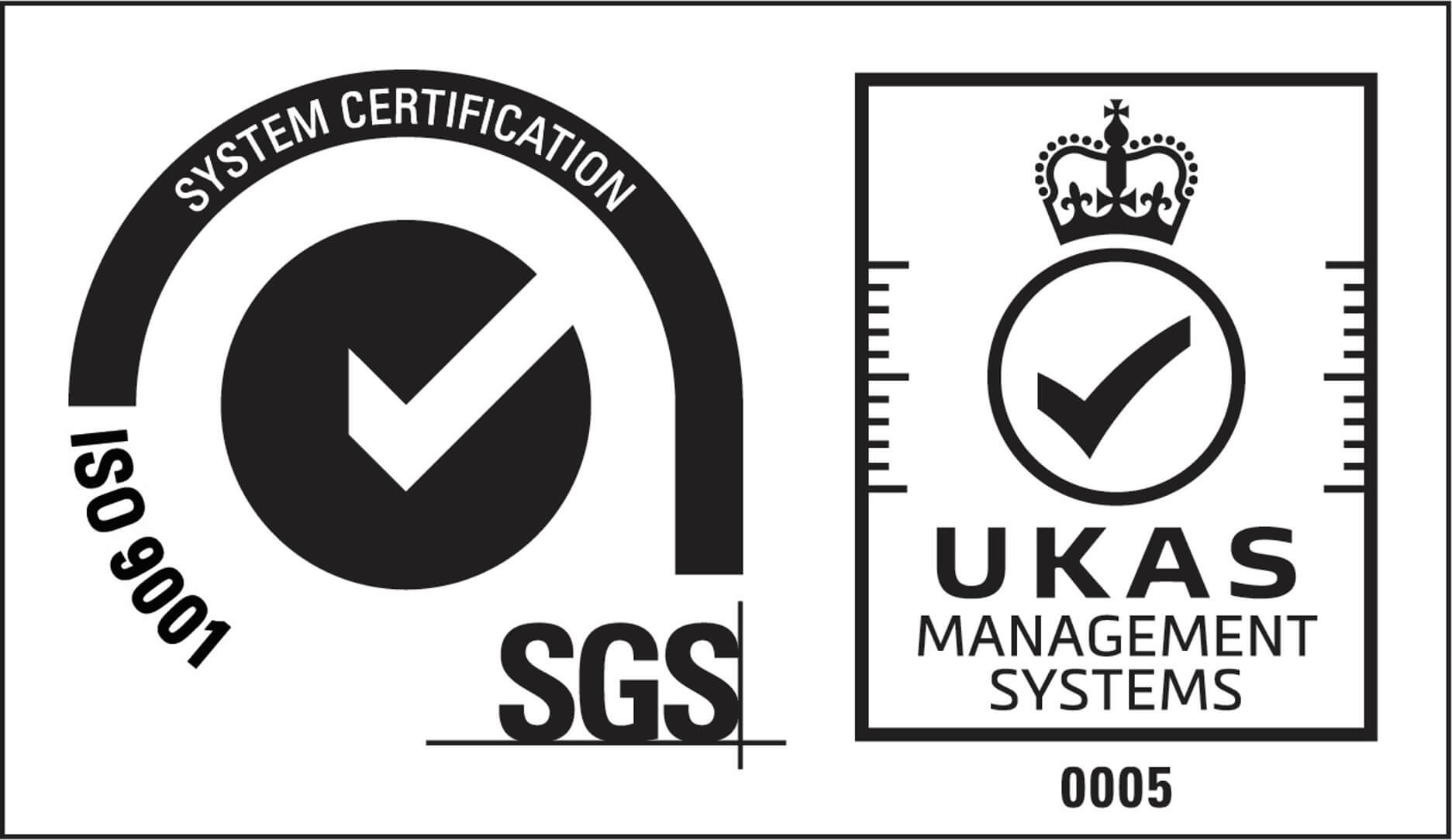Benefits – Challenges of independent testing in software quality assurance
Software Quality Assurance (SQA) plays a vital role in ensuring that software meets specific standards, operates smoothly, and remains secure. Independent testing is a significant aspect of SQA, as it brings objectivity, enhances security, and helps in the early detection of errors. However, there are also challenges associated with implementing independent testing in the SQA process. Now, we’ll explores both the benefits and challenges of independent testing in software quality assurance in this article.
Benefits of Independent Testing in Software Quality Assurance
If you still don’t understand what Independent Testing is, you should explore that first before reading the content below. Once you’re done, come back here.
Enhanced Objectivity and Accuracy
One of the biggest benefits of independent testing in software quality assurance is its objectivity. When a third party, not involved in the development process, performs the testing, the process is not influenced by internal viewpoints or biases from the development team. External testing helps eliminate unwanted biases that the development team might have due to their familiarity with the code or product requirements.
This objectivity leads to more accurate test results. Independent testing ensures that the software is tested more comprehensively, and any errors that might be overlooked by the internal team are discovered. This is especially important in large projects, where the development team members might not see all the issues due to the complexity of the product.
Early Detection and Resolution of Errors in Software Quality Assurance
Independent testing can detect serious errors early in the software quality assurance process. Independent testing experts often have extensive knowledge and experience with different types of software. Thanks to this diverse experience, they can apply comprehensive testing methods, including testing scenarios that the development team might not consider.
Early detection of these errors helps minimize risks during the product release process. If major errors are discovered before the software is deployed, the cost of fixing them is much lower than fixing them after the software has been released. This not only helps save financial resources but also minimizes the risk of damaging the company’s reputation.

Enhanced Security and Performance of the Software
Security and performance are two critical factors for any software product. Independent testing helps ensure that the software not only functions correctly but is also secure against potential security threats. Independent testing experts often have in-depth experience in security testing and can identify security vulnerabilities that the development team might overlook.
Read QAテストサービスによる製品品質の向上
Additionally, independent testing helps ensure that the software performs efficiently under heavy loads or in challenging environments. Independent performance testing helps identify performance issues early, optimizing the user experience and increasing the product’s reliability.
Ensuring Compliance with Quality Standards
In many industries, compliance with stringent quality standards is mandatory as part of software quality assurance. These standards may include requirements for software quality such as ISO 9001, CMMI, or security standards like OWASP. Independent testing plays an essential role in ensuring that the software fully complies with these requirements.
Independent testing teams typically have expertise in these quality standards and can help businesses achieve the necessary certifications for the software to be released in global markets. This not only ensures quality but also helps protect the company’s reputation while enhancing customer satisfaction through high-quality products.

Reduced Maintenance Costs After Release
One of the significant benefits of using independent testing is reducing maintenance costs after the software has been deployed. When errors are detected early and fixed before the software is released, the maintenance costs decrease significantly. Minimizing major post-release errors helps avoid unnecessary costs associated with repairs and updates.
Moreover, early detection and resolution of issues also help the software remain stable in the long term, reducing the number of patches required after the software is used by the end-users. This not only saves costs but also builds trust among customers and users.
Challenges of Implementing Independent Testing in Software Quality Assurance
Difficulty in Choosing the Right Testing Partner for Software Quality Assurance
One of the biggest challenges in implementing independent testing is selecting a reliable and suitable testing partner. Not all companies providing testing services have the necessary experience and skills to conduct comprehensive testing for your software. This is particularly important in complex projects or those that require strict compliance with quality and security standards.
Selecting the right testing partner requires a thorough evaluation based on various factors, including expertise, industry experience, working processes, testing tools, and the ability to meet the specific needs of the project. Poor choices can lead to missed errors, undiscovered potential issues, and significant risks for the product after its release. Therefore, you should answer “05 Questions before choosing a provider.“

Cost and Time
Independent testing as part of software quality assurance often requires a substantial financial investment, especially when hiring professional testing teams or external testing companies. These costs can include service fees, testing tools, and expenses related to managing and coordinating with the testing partner.
Read How To Estimate Time & Cost Independent Testing Services?
In addition to financial costs, independent testing can also extend the project’s completion time. A detailed and comprehensive testing process requires time, especially when multiple types of testing need to be conducted, such as functional testing, security testing, performance testing, and non-functional testing. Without proper management, this additional time can affect the product release schedule and lead to delays in bringing the product to market.
Security and Privacy Issues
Another challenge in implementing independent testing is protecting the project’s sensitive data and security. When collaborating with external partners, there is a risk of data leaks or privacy violations if proper security measures are not in place.
To address this issue, strict security contracts, privacy policies, and stringent security controls need to be implemented within the software quality assurance framework. This ensures that the company’s data and software source code are protected throughout the testing process. However, establishing and maintaining these measures can be complex and require careful management from both sides during the software quality assurance process.

Coordination and Communication Difficulties
Independent testing requires close coordination between the software development team and the testing partner. However, differences in geographical location, time zones, and languages can make communication more challenging. Particularly when issues or bugs arise, inaccurate or untimely communication can lead to misunderstandings and slow down problem resolution.
Differences in working processes between teams can also cause dissonance and reduce the effectiveness of the testing process. Therefore, good project management, effective communication tools, and flexibility in adjusting processes are needed to ensure smooth collaboration between the parties involved in the software quality assurance process.
Difficulty in Maintaining Continuity and Consistency in Testing
Independent testing sometimes faces the challenge of maintaining continuity and consistency throughout the software development process. In many cases, independent testing is carried out in separate phases, which may lead to a lack of connection between the different testing stages. This can reduce the effectiveness of the testing process and cause errors related to the interaction between software components.
To overcome this challenge, rigorous test management and continuous monitoring are necessary. This includes maintaining detailed reports and test records, as well as organizing regular meetings between teams to ensure that all aspects of the software are tested comprehensively and consistently.
Independent testing is a powerful tool in the Software Quality Assurance process, helping to enhance the quality, security, and performance of the software before its release. Utilizing independent testing is a crucial strategy to ensure that the software not only functions well but also meets international quality standards. Therefore, contact us today to receive a consultation and the right testing solutions, enabling you to confidently launch your product with professional independent testing services.





